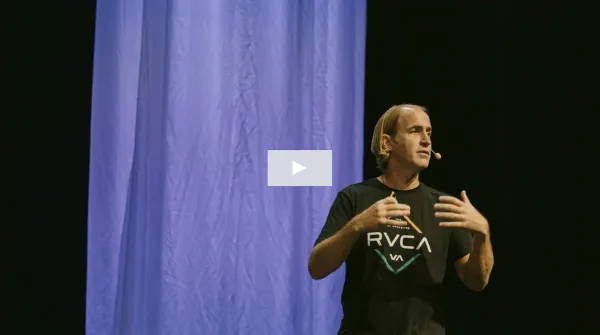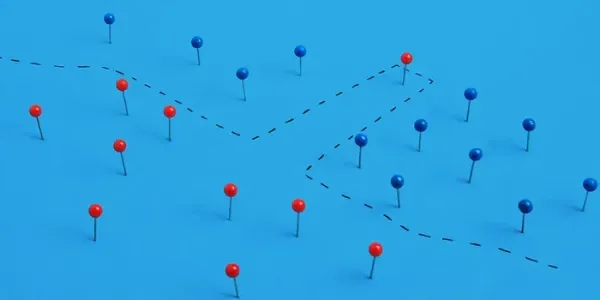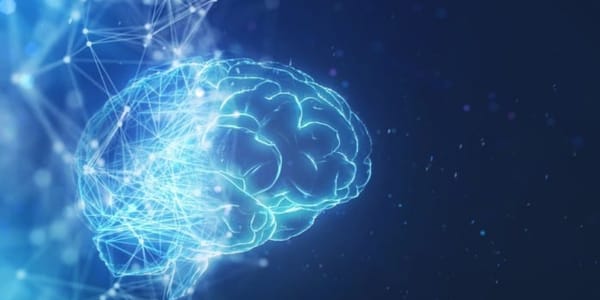
The Nine Revolutions of Democracy
How Micah Bornfree's Unified Theory of Revolution combined with a dimension of time might could help us make sense of the work confronting us and keep us moving toward the nation we need.


How Micah Bornfree's Unified Theory of Revolution combined with a dimension of time might could help us make sense of the work confronting us and keep us moving toward the nation we need.

The work of party building is always ongoing, but emerging from our current dysfunction to build something new requires a deep commitment to transform a party that has been stuck for...a while.

The cracks are the map. Passive. Disconnected. Condescending. Exclusionary. Neoliberal. All solvable if we go straight at each of these perceptions or failures of the Democratic Party.

I’m back at the keyboard after a challenging Summer that ended with an interesting opportunity to step up in front of a community in Sweden and start talking about the building blocks of a more generative society. For months, I have had this thought in my mind: What if

A different way to embrace this week's election results.

The ways that our accelerating and evolving political violence feels familiar and the subtle ways it feels new are clues to our history and to a different future.

The ongoing argument over mid-census redistricting as a regular political strategy may have irreversible consequences well-beyond the short-term strategic gains both Republicans and Democrats are seeking.

Inequality is making society less creative and makes embracing an abundance mindset (much less an abundance agenda) more difficult.

In the breathless race to become an ai-powered society, have we missed the step of becoming AI-literate enough to be AI-empowered without becoming AI-driven?

The how matters. Understanding how the electorate changed matters, but reflecting and embracing the deeper why's is the better guide for how to reimagine the Democratic Party and our campaigns.

What might mothers and mothering reveal to us about a better model for economic kindness and innovation?

How we think about what's not working in our civic life might offer a very different long-term path to something better even while the short-term demands we live in and confront our unrelentingly dysfunctional present as directly as we can.

We've probably all heard this quippy, quotable faux-Drukcer-ism. (And maybe I'm just thinking about Easter brunch...) But why might this old cliche actually be true and how might that help illuminate what's happening and maybe not happening in our teams and organizations right now?

What does "moderate" or a "Moderate" or "to moderate" really mean in American civic life? Even if we could figure out which one means what, I don't think it's the guide we need.

Let's start with the assumptions about the smallness of a zero-sum mindset and the ambition of abundance for everyone ... and then keep going.

How we look for leadership matters. Replacing Sen. Schumer as the Senate minority leader might be warranted (even needed) but isn't the right answer to the right question we should be asking about the leadership we need right now.